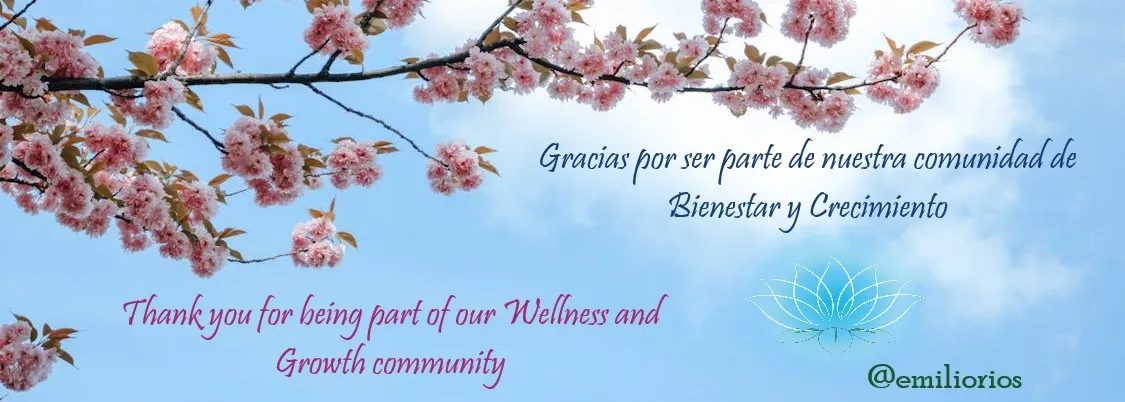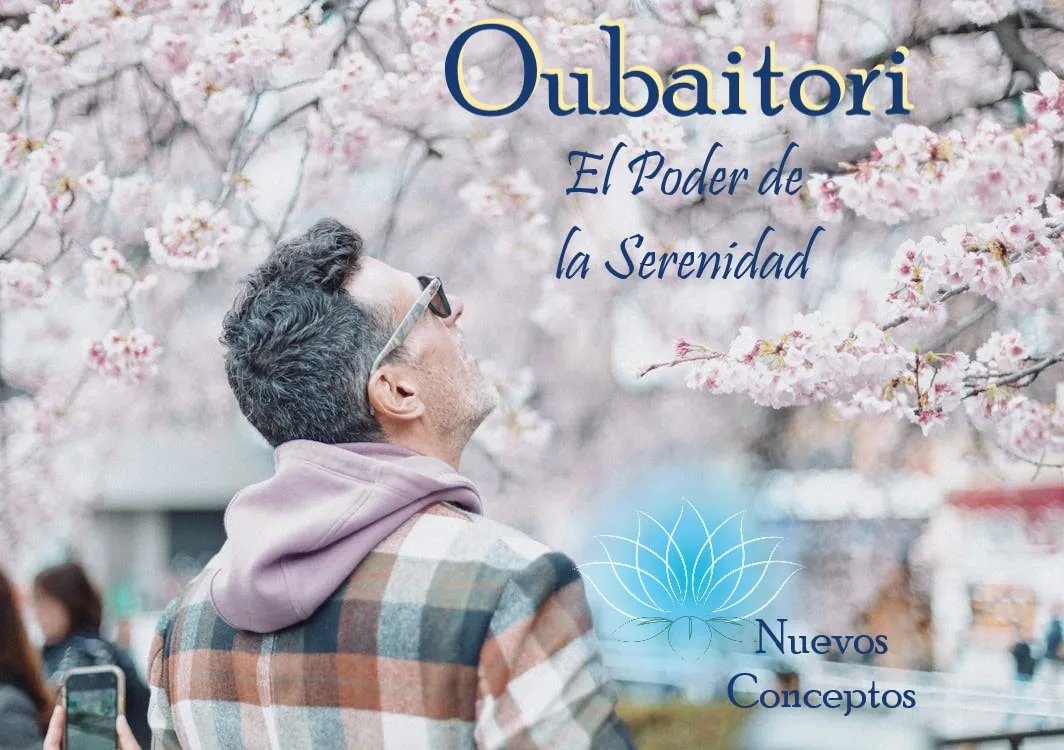

Cuando comencé a leer sobre el Oubaitori, este sencillo y claro concepto japonés, me enamoré perdidamente de él; y se traduce como “los cuatro árboles de primavera”.
La concepción del significado, de su simbología y lo exquisitamente positivo que debe ser para la salud mental, para el equilibrio, el crecimiento y para la comprensión de los ciclos de vida, hizo que inmediatamente quisiera plantearlo en @holos-lotus
Su idea central es no compararte y valorarte con lo que eres y vives.
Inspirado en los árboles que florecen a su debido tiempo y en forma única, esta filosofía sencilla, serena y fácil de practicar, es un hermoso camino para la autoaceptación, autovaloración, autoevaluación y para el crecimiento desde la singularidad del ser.

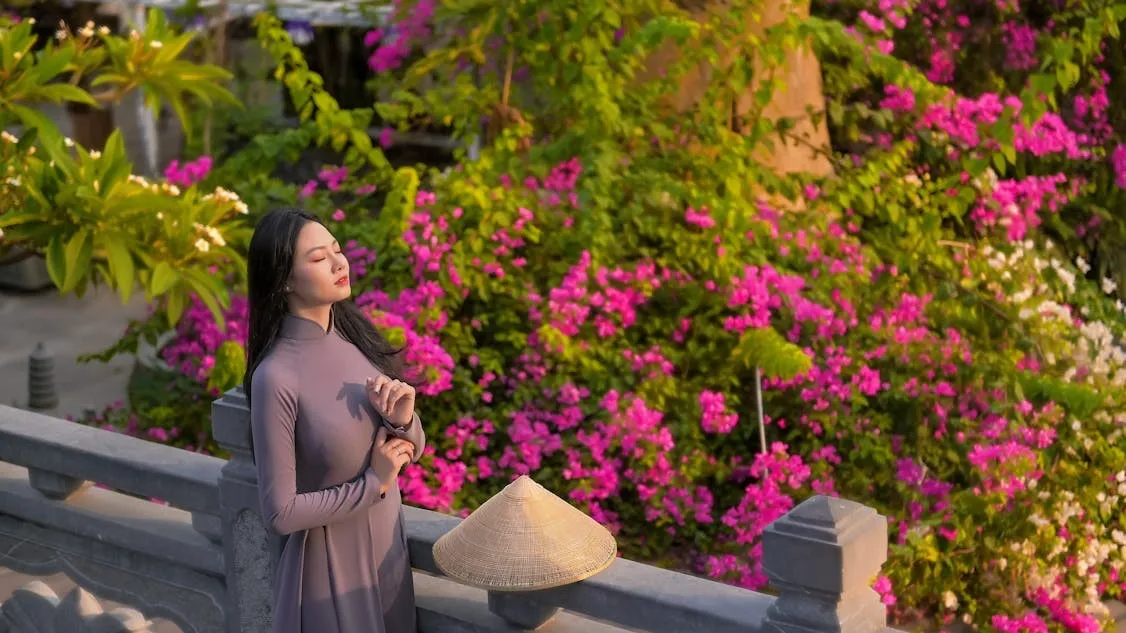
Nos ponemos poéticos
¡Qué maravilloso es poder decir, con aceptación y certeza, que cada persona tiene una vida distinta, con ciclos diferentes y que vive desafíos y alegrías diferentes!
Cada persona es como una flor y florece a su tiempo, tarda lo que debe tardar en crecer, florecer y ofrecer su fruto a la vida.
¡Que recorre su propio camino!
¿Has visto los diferentes espectáculos que ofrecen los árboles según las estaciones?
En Venezuela hace poco tuvimos el florecimiento de los árboles de Curarire, (yo lo publiqué), que llenaron los espacios de color amarillo y se convirtieron en una tendencia en las redes sociales y visita obligada de quienes estaban en ciudades como Maracaibo y hasta en mi propio pueblo.
Pues, tal como estos árboles, los seres humanos tenemos el ciclo de vida.
La palabra oubaitori encierra la noción de no compararse; que cada árbol florece en forma preciosa y propia, que siempre va a dar como resultado un fruto de esa flor.
Esta filosofía de vida hace referencia a cuatro árboles diferentes: el de cerezo, el de albaricoque, el melocotón y la ciruela; los cuales son hermosos y dan frutos deliciosos, pero diferentes a sus propios tiempos.

¿En qué ayuda para nuestra salud mental?
Considerando que este método nos permite observar las diferencias y palpar la belleza de la vida individual, y teniendo como centro la no comparación, es de una claridad simple pero aparatosa.
Al entender que tenemos ciclos únicos, con toda la belleza y el valor de vida, que engloba lo bueno y lo complicado, vamos a ganar la gran batalla de dejar de medir, por el rendimiento y los resultados de otros, el nuestro, lo que haría que la ansiedad y el estrés se alejaran notablemente.
Si dejamos de concentrarnos en lo que no tenemos, pero que otros tienen, en la relevancia social, a valores que no son nuestros, comenzamos a valorarnos más, a querernos más y a perfeccionar lo que somos.
El árbol que representamos en nuestra comunidad o sociedad va a ir perfeccionándose, sacando lo mejor de nosotros mismos.
Y si hay algo de la cultura oriental llamativo y beneficioso, es que nos enseña a ser serenos, pacientes y a aceptar lo que nos ha tocado vivir, reconocer la realidad para transformarla y sacar lo mejor de nosotros.
Me gustaría que leyeras el artículo de María Fernández de Córdoba del 29/22 del 2024; en TELVA, llamado: “Oubaitori: la filosofía japonesa que te ayuda a vivir con serenidad cuando los demás esperan demasiado de ti”, acerca de esta filosofía japonesa, que habla sobre alejar las expectativas de otros asumiendo a las nuestras.
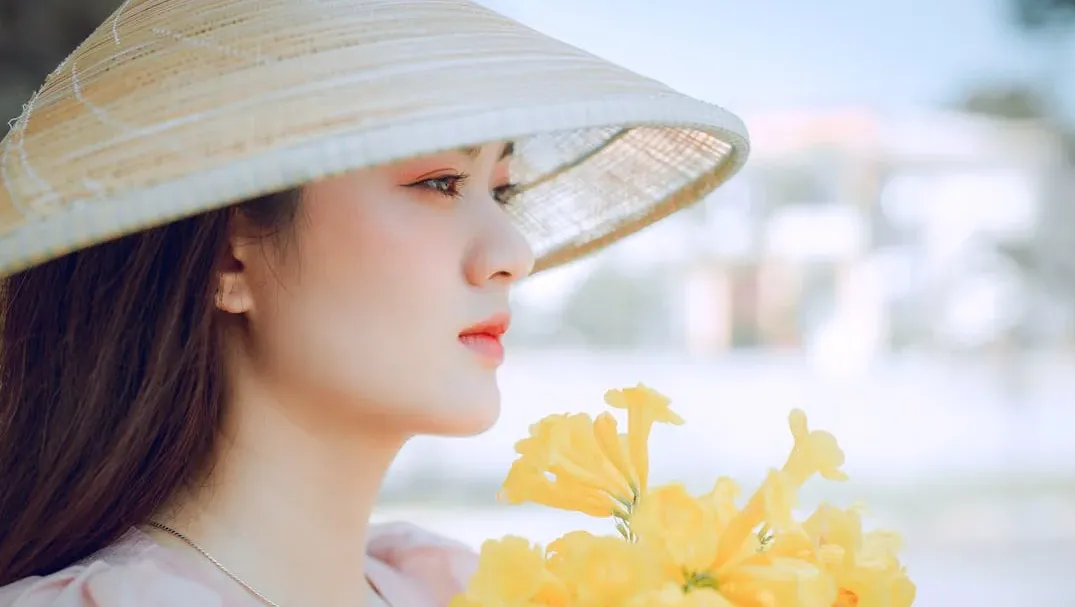
¿Cómo lo hacemos? ¿Cómo dejamos de mirar a los lados?
La forma de ser practicado este concepto la puedes conseguir en la red; y lo hemos dicho mil veces por aquí.
A través del agradecimiento por lo que tienes y con amabilidad hacia ti mismo y hacia los otros.
Con respeto hacia las otras versiones de seres humanos.
Comprendiendo que eres único, con tus propias circunstancias; celebrando tus logros, creando tu propio mundo donde sentirte seguro, sereno y en paz.
Alejarte de las redes sociales, de gente que no aporta.
Tocar la naturaleza, pasear, leer un libro, detectar y reconocer a tu red de apoyo, aquella que te da opiniones honestas; y olvidándote de la culpa para fomentar el análisis ante las circunstancias y decisiones, obviando la búsqueda de los errores para fustigarte.
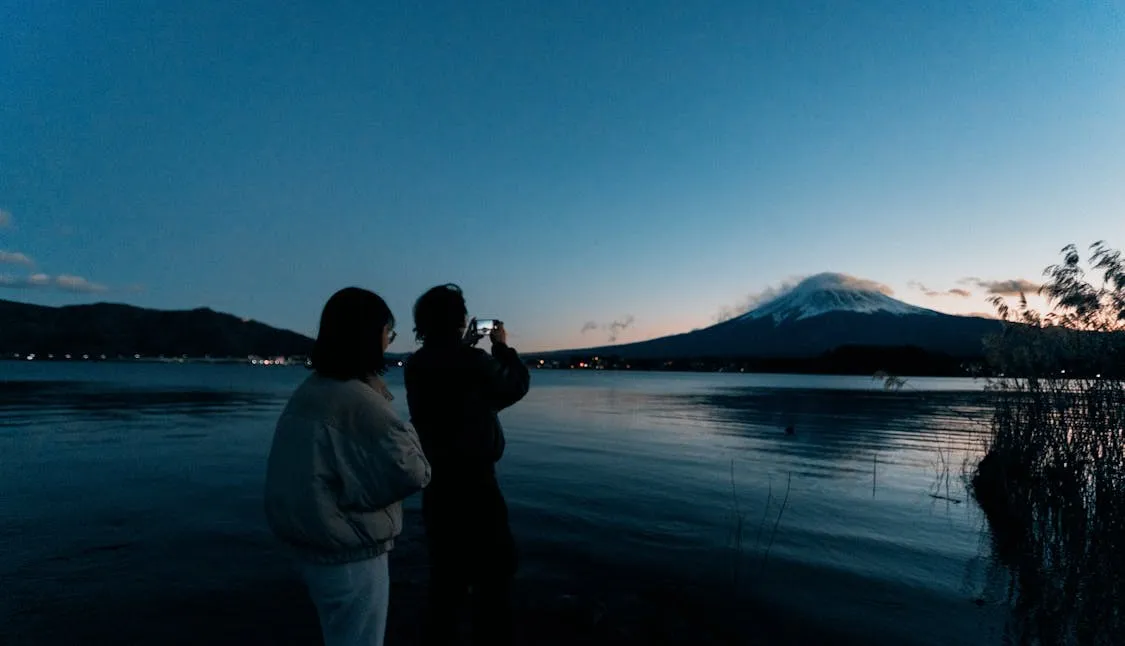
Enfrentar hasta los comentarios crueles de las redes
Esta práctica hará que incluso cambies, la forma de ver, lo que los otros publican en las redes sociales.
Lograríamos observar lo que otros muestran como éxito o razones de felicidad, como fuentes de inspiración, más no, como una tendencia obligada a adquirir.
Esta manera de ver la vida está siendo utilizada para la salud mental con excelentes resultados.
Resaltemos dos máximas que son pilares fundamentales del Oubaitori:
Acepta tus fortalezas y debilidades, y al afrontarlas, vas a liberarte de expectativas que promueven las redes sociales y la publicidad de insumos para el consumo masivo.
Y segundo, abandonaremos esa perfección inexistente que ha llevado a que tanta gente deforme sus cuerpos buscando un ideal que, simplemente, no existe.


Oubaitori: The Japanese Philosophy for Living Serenely and Fully -We First!-
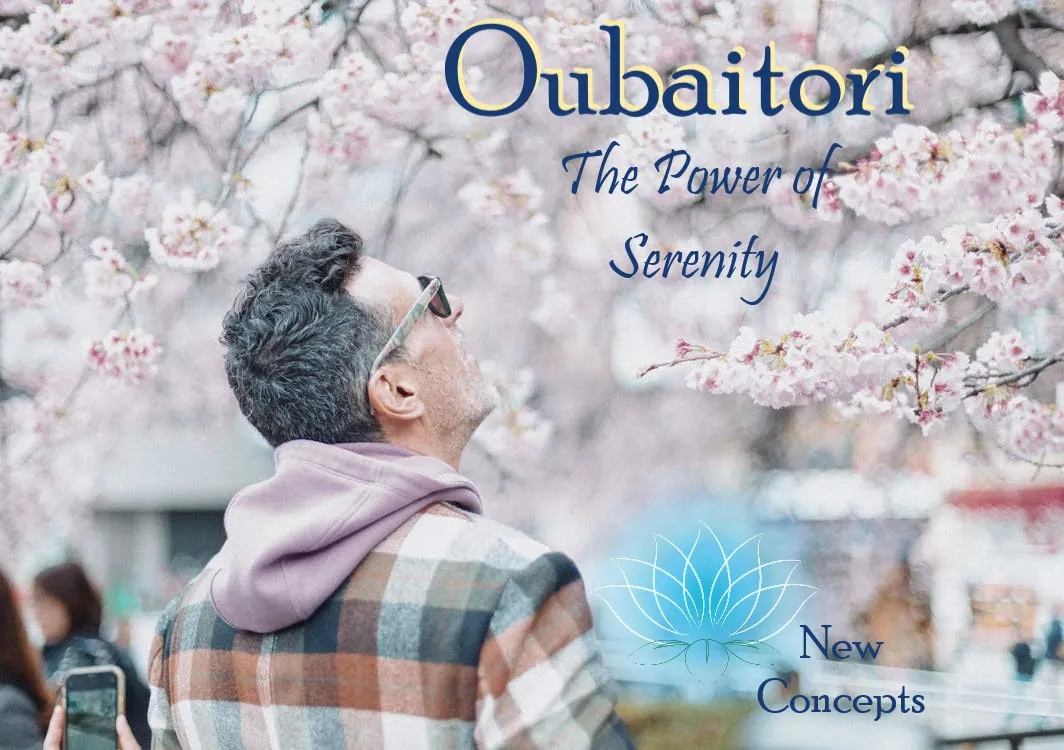

When I started reading about Oubaitori, this simple and clear Japanese concept, I fell head over heels in love with it; and it translates as “the four spring trees”.
The conception of the meaning, its symbolism and how exquisitely positive it must be for mental health, for balance, growth and for understanding life cycles, made me immediately want to bring it up on @holos-lotus.
Its central idea is to not compare yourself and value yourself with who you are and live.
Inspired by trees that blossom in their own time and uniqueness, this simple, serene and easy to practice philosophy is a beautiful path for self-acceptance, self-worth, self-evaluation and growth from the uniqueness of being.


Let's get poetic
How wonderful it is to be able to say, with acceptance and certainty, that each person has a different life, with different cycles and experiences different challenges and joys!
Each person is like a flower and blooms in its own time, it takes as long as it should take to grow, bloom and offer its fruit to life.
May it go its own way!
Have you seen the different shows that trees offer according to the seasons?
In Venezuela we recently had the flowering of the Curarire trees, (I published it), which filled the spaces with yellow color and became a trend in social networks and a must-see for those who were in cities like Maracaibo and even in my own town.
For, just like these trees, human beings have the cycle of life.
The word oubaitori encloses the notion of not comparing oneself; that each tree blossoms in its own precious way, which will always result in a fruit of that blossom.
This philosophy of life refers to four different trees: the cherry, the apricot, the peach and the plum; all of which are beautiful and bear delicious fruit, but different at their own times.

How does it help our mental health?
Considering that this method allows us to observe the differences and feel the beauty of individual life, and having non-comparison at its core, it is of a simple but compelling clarity.
By understanding that we have unique cycles, with all the beauty and value of life, encompassing the good and the complicated, we will win the great battle to stop measuring, by the performance and results of others, our own, which would make anxiety and stress go away significantly.
If we stop focusing on what we do not have, but what others have, on social relevance, on values that are not ours, we begin to value ourselves more, to love ourselves more and to perfect who we are.
The tree that we represent in our community or society will be perfecting itself, bringing out the best of ourselves.
And if there is something striking and beneficial about Eastern culture, it is that it teaches us to be serene, patient and to accept what we have had to live, to recognize reality in order to transform it and to get the best out of ourselves.
I would like you to read the article by María Fernández de Córdoba of 29/22 of 2024; in TELVA, called: “Oubaitori: the Japanese philosophy that helps you to live with serenity when others expect too much from you”, about this Japanese philosophy, which talks about moving away from the expectations of others assuming our own.

How do we do it? How do we stop looking to the side?
The way to be practiced this concept you can get it on the net; and we have said it a thousand times around here.
Through gratitude for what you have and with kindness to yourself and others.
With respect for other versions of human beings.
Understanding that you are unique, with your own circumstances; celebrating your achievements, creating your own world where you feel safe, serene and at peace.
Getting away from social networks, from people who do not contribute.
Touching nature, taking a walk, reading a book, detecting and recognizing your support network, the one that gives you honest opinions; and forgetting about guilt to encourage the analysis of circumstances and decisions, avoiding the search for mistakes to whip you.

Confront even the cruel comments on the networks
This practice will even make you change the way you see what others post on social networks.
We would manage to observe what others show as success or reasons for happiness, as sources of inspiration, but not as an obliged tendency to acquire.
This way of looking at life is being used for mental health with excellent results.
Let us highlight two maxims that are fundamental pillars of Oubaitori:
Accept your strengths and weaknesses, and by facing them, you are going to free yourself from expectations promoted by social networks and advertising of inputs for mass consumption.
And second, we will abandon that non-existent perfection that has led so many people to deform their bodies in search of an ideal that simply does not exist.



Barras separadoras y logo de English, creadas y editadas en Paint.
Separator bars and English logo, created and edited in Paint.Banner personalizado de @emiliorios realizado en Paint, con vectores de:
Custom banner by @emiliorios made in Paint, with vectors of:
Pixabay-HonyKunstImagen de agradecimiento, tomando el logo de nuestra comunidad y editada en Paint, de:
Thank you image, taking our community logo and edited in Paint, by:
Pexels-Julia FilirovskaLogo de la comunidad utilizado en las imágenes, de:
Community logo used in the images, from:
Pixabay-Truthseeker08Si lo deseas, puedes seguirnos en:
If you wish, you can follow us at:


